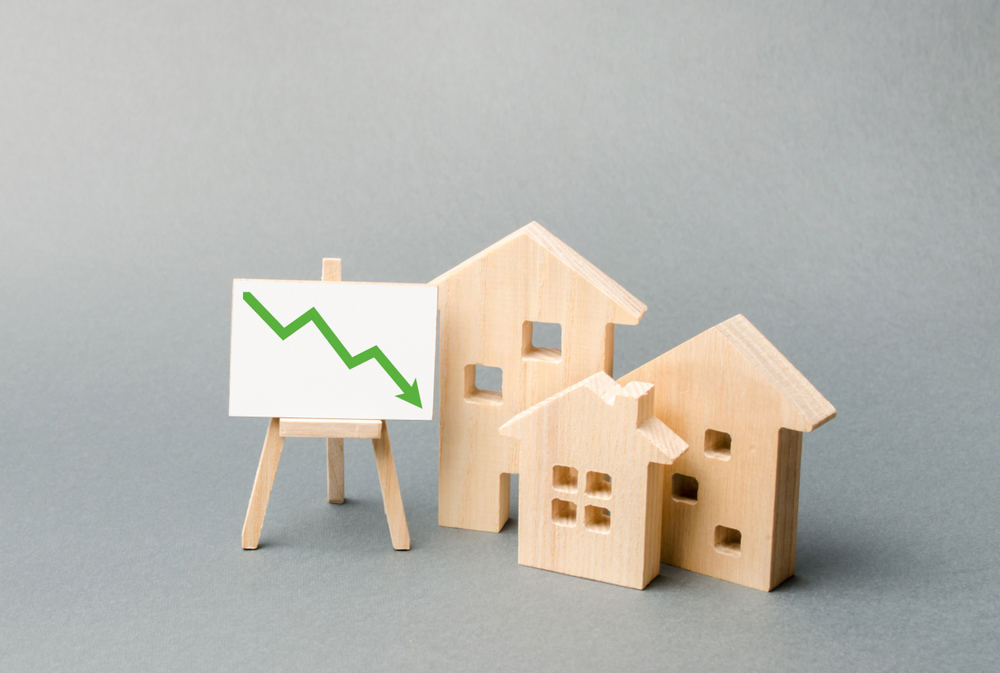Mortgages
Mortgage providers rein in lending ahead of predicted rise in defaults

The number of mortgages available is set to decrease, by the fastest rate since the start of the coronavirus pandemic, according to the Bank of England’s latest credit conditions survey.
Providers are expected to tighten their criteria for mortgage approvals in the coming months, the report showed.
Yet demand for mortgages has continued to rise over the first quarter of 2022 and is set to continue in the three months to the end of May.
Then numbers of people borrowing on credit cards is also expected to continue rising as inflation soars to 7% in March and prices increase across the board.
It comes as energy prices rose by an average of 54% at the start of April for millions who pay their provider’s standard variable tariff while the cost of petrol has risen to historic highs.
Fuel was the biggest contributor to the steep rise in inflation in March with petrol prices rising 12.6p between February and March and diesel prices up by 18.8p per litre this year.
In response to rising prices, credit card borrowing grew faster than any other month on record in February.
Lenders also said in the report they are expecting to see more defaults, both on mortgages and unsecured lending including credit cards, as people fall behind on their monthly credit repayments due to the rising cost of living.
Sarah Coles, senior personal finance analyst, Hargreaves Lansdown, says: “Demand for loans and credit cards boomed at the start of this year. With inflation gathering momentum, and eye-watering price rises for many of the essentials, it has forced more of us to borrow to make ends meet.
“But while this feels like a solution in the short term, you’re building up problems for the future, because you’re adding interest and repayments to the ever-growing mountain of monthly costs, which makes it harder and harder to stay on top of our finances each month.”
The data in the report is collated from a survey to lenders, conducted between 28 February and 18 March.
Rising interest rates ‘compound the problem’
In an effort to combat rising prices, the Bank of England has made some small increases to the base rate. It is now at 0.72% after the latest rise in March.
This is good news for some, such as savers, but for anyone borrowing it means things could get more expensive.
After an extended period of cheap lending, the banks have begun passing rate rises onto consumers, making the cost of borrowing higher.
Homeowners have already begun looking for better deals, and searches for homeowners wanting to remortgage after just six months climbed by 30% in February, according to data released by Legal and General Mortgage Club (L&G).
Coles adds: “For mortgage borrowers, lending is getting tougher too. A growing number of banks are also factoring higher prices into their mortgage calculations, so borrowers may not be able to get the size of loans they were expecting.
“Mortgage lenders say they expect to tighten lending as we go through the spring, which could start to apply the brakes on the housing market.”